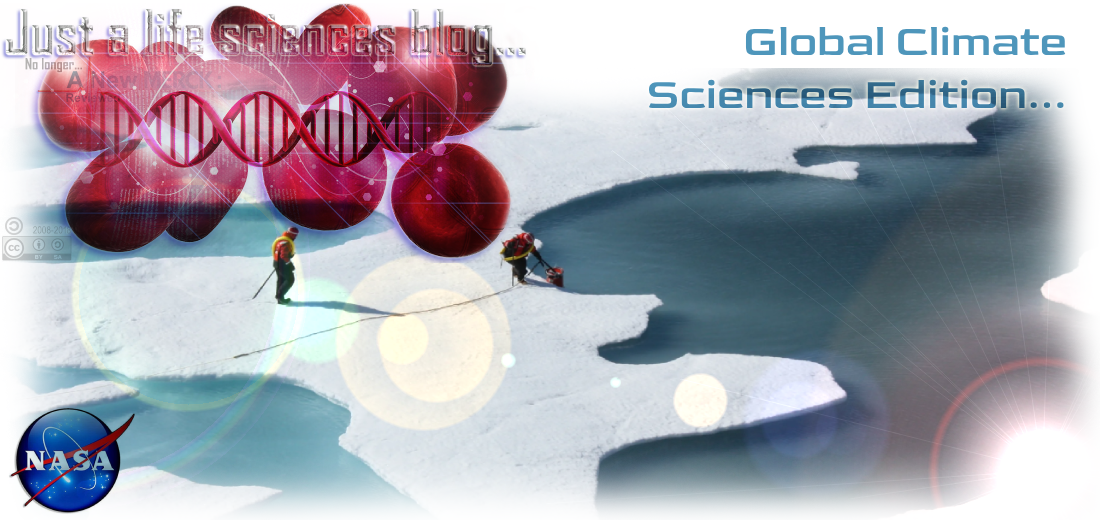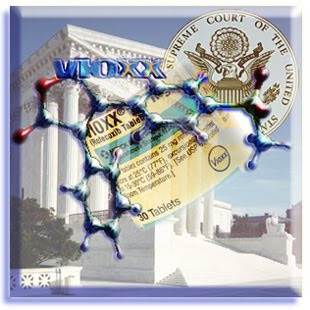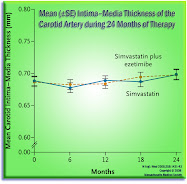Moreover, this is approaching five sigma, nearly a gold standard for significance. More to come, of course -- but the notion is that maybe the universe is a closed system -- an endless series of big bangs and big collapses. [In a poetic/metaphorical sense sense, confirming endless "reincarnations" of all that we will ever see.] That we are not flying apart, never to fall back in, to a center.
Here's the latest, via Wired.com:
. . .If dark energy is weakening, it can’t be a cosmological constant. Instead, it may be the same sort of field that many cosmologists think sparked a moment of exponential expansion during the universe’s birth. This kind of “scalar field” could fill space with an amount of energy that looks constant at first—like the cosmological constant—but eventually starts to slip over time.
“The idea that dark energy is varying is very natural,” said Paul Steinhardt, a cosmologist at Princeton University. Otherwise, he continued, “it would be the only form of energy we know which is absolutely constant in space and time.”
But that variability would bring about a profound paradigm shift: We would not be living in a vacuum, which is defined as the lowest-energy state of the universe. Instead, we would inhabit an energized state that’s slowly sliding toward a true vacuum. “We’re used to thinking that we’re living in the vacuum,” Steinhardt said, “but no one promised you that.”
Joshua Frieman, a cosmologist at the University of Chicago and a member of the DESI collaboration who didn’t work on the data analysis, said he would be glad to see Lambda CDM fall. As a theorist, he proposed theories of thawing dark energy in the 1990s, and he more recently cofounded the Dark Energy Survey -- a project that searched for deviations from the standard model from 2013 to 2019 and created one of the three supernova catalogs DESI used. But he also remembers being burnt by disappearing cosmological anomalies in the past. “My reaction to this is to be intrigued,” but “until the errors get smaller, I’m not going to write my [Nobel] acceptance speech,” Frieman joked. . . .
The beauty of all this is that Einstein (were he alive) would celebrate wildly, if the next-gen data refutes his "constant" definitively. He always said that we learn the most when our best presumptions turn out to be. . . in error. Onward, grinning into a busy week ahead.
नमस्ते

















2 comments:
did you notice this?: https://firstwordpharma.com/story/5850260?from=article
Excellent -- yes, Anon. -- thank you!
We saw it but got. . . distracted at week's end.
I've made it a new post, above -- because it is essentially the epilogue on all our 2014-2017 coverage of immuno-oncology's race to market, generally.
Thank you so so much for reminding me!
Namaste. . . .
Post a Comment